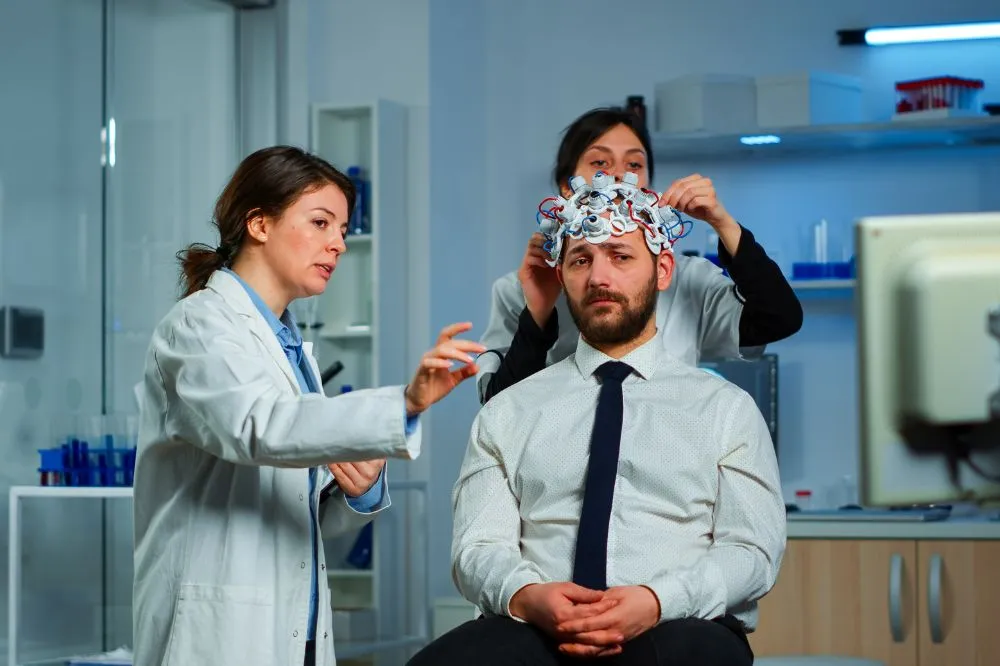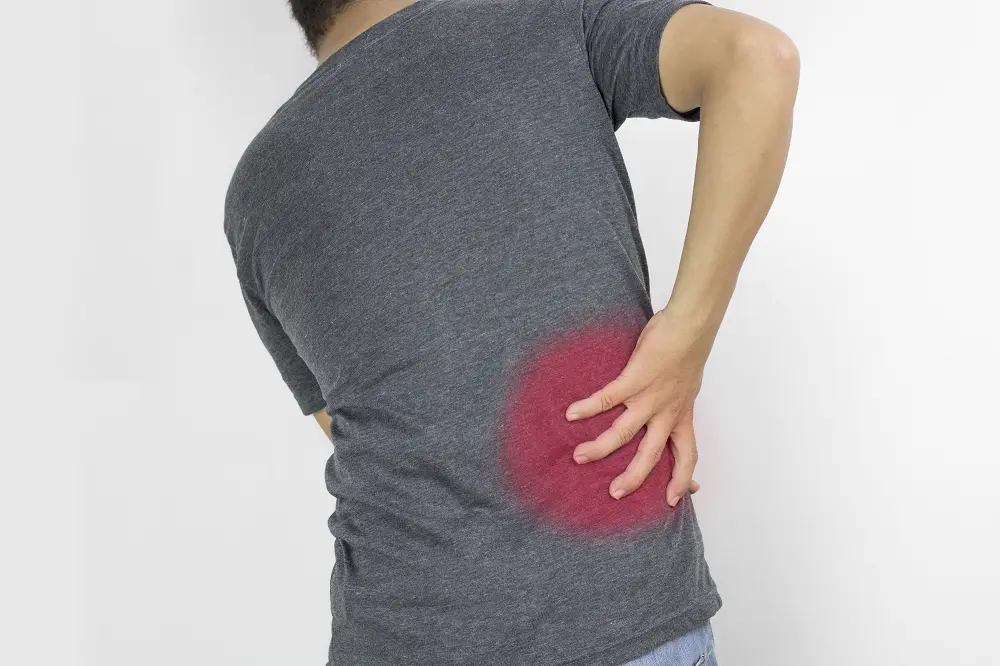Summary: Chronic pain is among the most common comorbidities in those being treated for opioid use disorder (OUD). However, a new study found that in most cases, doctors treating OUD do not pay sufficient attention to chronic pain management, resulting in higher opioid relapse. They also found that those treated with medications like methadone or buprenorphine had better pain relief and, thus, better treatment outcomes. Therefore, researchers recommend that doctors focus on managing comorbidities when treating OUD.
When we think of people living with OUD, we completely neglect that many of them live with severe chronic pain such as, neck pain, complex regional pain syndrome, etc. This poorly managed chronic pain may be related to poor treatment outcomes in many. Studies show that chronic pain is the most common comorbid condition in those living with OUD.
Recently, the Journal of Pain published a patient survey, finding that two-thirds of those treated for OUD reported that their chronic pain was not managed well. Even worse, 47% reported that their pain worsened over time, thus increasing the risk of opioid relapse.
The opioid crisis continues to be a significant health problem, and it is showing no sign of slowing down. Moreover, the coronavirus pandemic only increased opioid use disorder (OUD) and drug overdose-related deaths. This only underlines the need to pay more attention to the effective opioid addiction treatment.
Health experts say that the problem in tackling the opioid crisis is not just in lack of access to opioid treatment, which is true. Still, other factors make treatment more difficult and result in high relapse rates. In addition, most people treated with OUD have other comorbidities, with many living with mental health issues and chronic pain.
Although it is no secret that chronic pain and OUD are related health issues. However, it is unknown how ill-managed pain in those living with OUD may affect treatment outcomes for the condition. Health experts say that one of the problems is that treating doctors focus significantly on OUD, but less on comorbidities, especially issues like chronic pain.
In the new survey, researchers analyzed the data of 14,449 patients getting treated in 225 OUD treatment centers. They found that one-third of all the patients had significant chronic pain. Out of these patients, just one-third reported that their chronic pain was managed properly with pharmaceutical drugs. Moreover, almost half of all the patients said the pain was the primary reason for opioid relapse.
Researchers say this is a massive sample size, and they were amazed to see that so many patients are not being treated adequately for their chronic pain. Many of these patients have even used street drugs like heroin to manage their pain.
When researchers interacted with doctors treating OUD, they were often told that treating pain was not their priority or not within the scope of their practice.
Researchers say that there is a need to understand that pain is among the most significant causes of opioid relapse. Hence, effective treatment of OUD must include adequate pain relief.
The study had another unexpected finding related to opioid relapse. In the survey, 20% of those treated for OUD said that they would return to opioid use once they overcame their addiction. It means that treatments are not preparing them well for post-treatment life, and many of them still view opioid use as an option.
The study also found that those treated with OUD with medications had a higher success rate. Thus, those treated with buprenorphine and methadone reported better treatment satisfaction. It seems that one of the reasons for a greater success rate with these medications is that they also help with chronic pain treatment.
Thus, health experts say addiction treatment will only improve if different health specialists work together. Moreover, the coronavirus pandemic has shown that interdisciplinary collaboration using technologies like telemedicine is not that difficult.
Of course, researchers say that the study has also raised certain questions, like the role of opioids in pain management. As a result, the researchers suggest that the use of opioids for managing chronic pain should be limited.
Additionally, researchers say that one of the issues is that doctors often do not view chronic pain as one of the significant issues. They forget that this pain may be due to comorbidities like depression and mood disorders requiring treatment. If these comorbidities remain unmanaged, relapse is more likely.
Hence, researchers concluded that OUD should be treated by multi-specialist teams, including pain management, psychiatry, psychology, integrative medicine, and physical therapy. In addition, we should treat the patient as a whole and not merely focus on reducing pain numbers on a scale.






